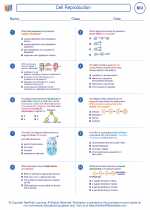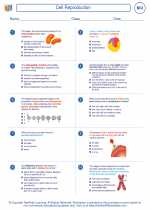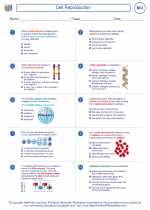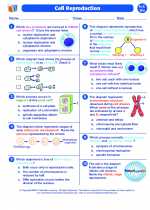Organs
In biology, an organ is a collection of tissues that perform a specific function or group of functions within an organism. Organs are the higher-level structures in the body and are made up of two or more types of tissues that work together to perform a specific task. They are essential for the survival and proper functioning of an organism.
Characteristics of Organs:
- Composition: Organs are composed of two or more different types of tissues that work together to perform a specific function. For example, the heart is an organ made up of cardiac muscle tissue, connective tissue, and blood vessels.
- Function: Each organ has a specific function or set of functions essential for the survival and well-being of the organism. For example, the lungs function in the exchange of gases (oxygen and carbon dioxide) during respiration.
- Integration: Organs work together with other organs and organ systems to maintain homeostasis and carry out various physiological processes within the body.
- Size and Shape: Organs vary in size and shape depending on their functions and their placement within the body.
Examples of Organs:
There are many organs in the human body, each with its own specific functions. Some examples of organs include:
- Heart: responsible for pumping blood throughout the body
- Lungs: involved in the exchange of gases during respiration
- Liver: plays a key role in metabolism, detoxification, and production of biochemicals necessary for digestion
- Kidneys: responsible for filtering blood, removing waste products, and regulating fluid and electrolyte balance
- Brain: controls body functions, thoughts, and emotions
- Stomach: involved in the digestion of food
Study Guide:
To study the topic of organs, it is important to understand the following key points:
- Definition of an organ and its role in the body
- Characteristics of organs, including composition, function, integration, size, and shape
- Examples of organs in the human body and their specific functions
- Understanding the interdependence of organs and how they work together within organ systems
- Related topics such as organ systems, organ transplantation, and the impact of lifestyle choices on organ health
Studying the histology (microscopic structure) of various organs and their physiological functions will also provide a deeper understanding of how organs contribute to the overall functioning of the body.
Additionally, it is helpful to explore the impact of diseases and disorders on organ function and the treatments available to address these issues.
By understanding the role and functions of organs, students can gain a comprehensive understanding of the complexity and sophistication of the human body.
.◂Biology Worksheets and Study Guides High School. Cell Reproduction

 Worksheet/Answer key
Worksheet/Answer key
 Worksheet/Answer key
Worksheet/Answer key
 Worksheet/Answer key
Worksheet/Answer key
